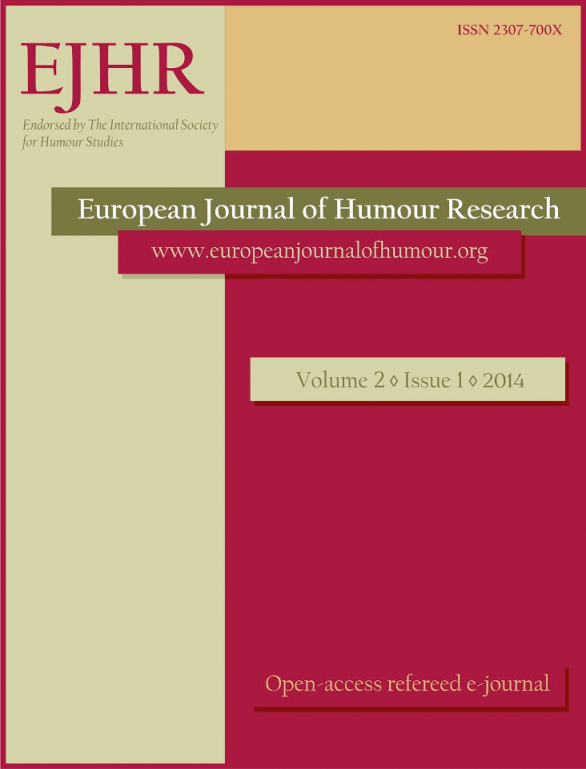“To laugh or not to laugh”:
“To laugh or not to laugh”:
Understandings of the appropriateness of humour and joking in the workplace
Author(s): Brian D. VivonaSubject(s): Social Sciences, Language and Literature Studies, Applied Linguistics, Communication studies, Sociolinguistics, Management and complex organizations
Published by: Krakowskie Towarzystwo Popularyzowania Wiedzy o Komunikacji Językowej Tertium
Keywords: workplace culture; tacit knowledge; appropriateness of joking;
Summary/Abstract: In order for joking to actually have a function in the workplace, it must have a forum. There are many pieces of empirical research on humour in the workplace, however the notion of the appropriateness of joking behaviour is often overlooked. The time, place, and circumstances of when joking does or does not occur is related to the situated and contextual nature of humour and issues linked to the private/public domain often will delineate when humour is acceptable or not. When, where, and, most importantly, the permission to joke is important to the understanding of the functional nature of humour. In order to gain an understating of how workers understand the notion of appropriateness, a qualitative study of a very unusual group of workers, crime scene investigators, was undertaken. Tacit personal and organisational belief systems related to culture and learned normative behaviours help determine when and where joking is allowed or forbidden.
Journal: The European Journal of Humour Research
- Issue Year: 2/2014
- Issue No: 1
- Page Range: 1-18
- Page Count: 18
- Language: English

